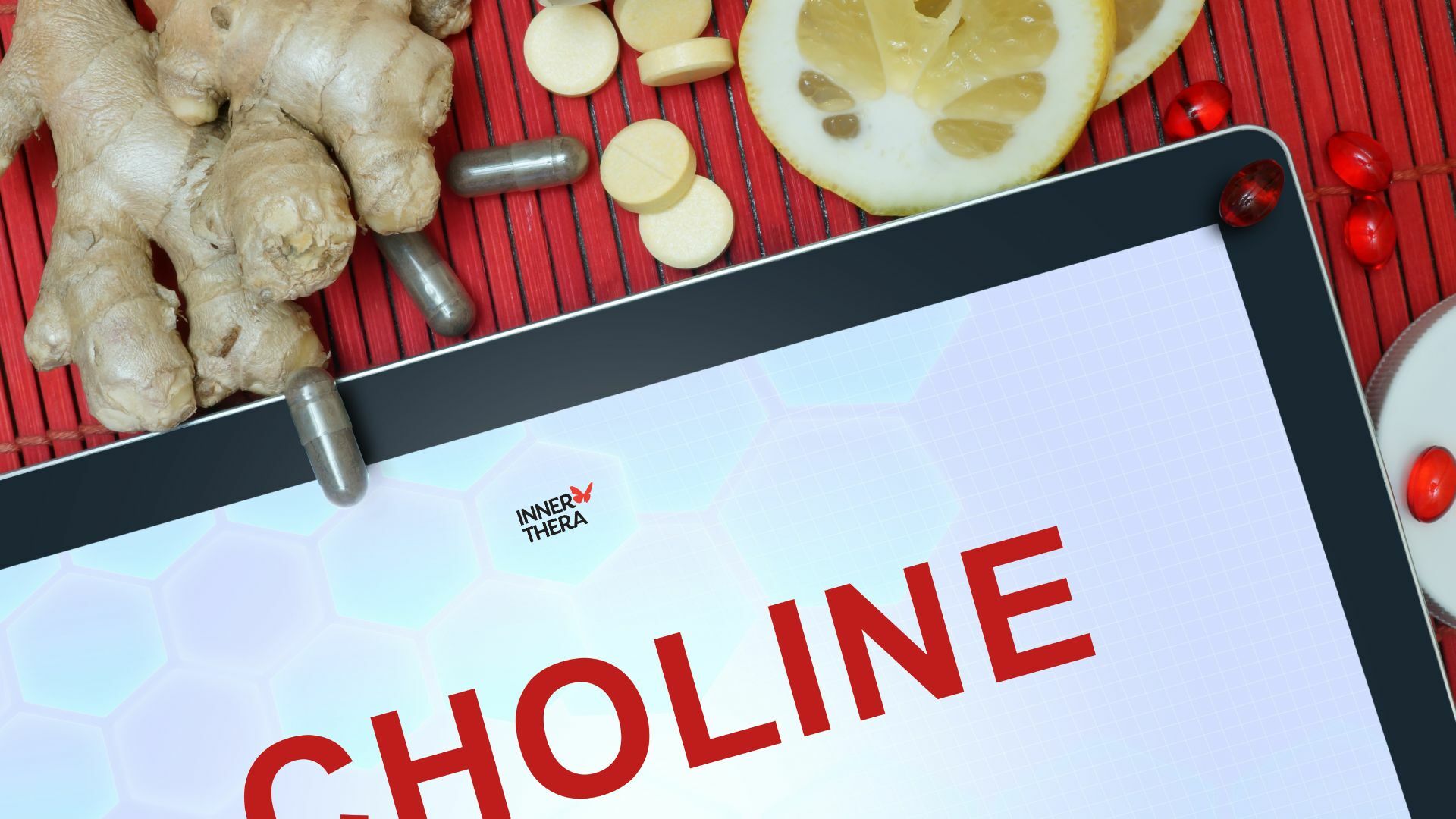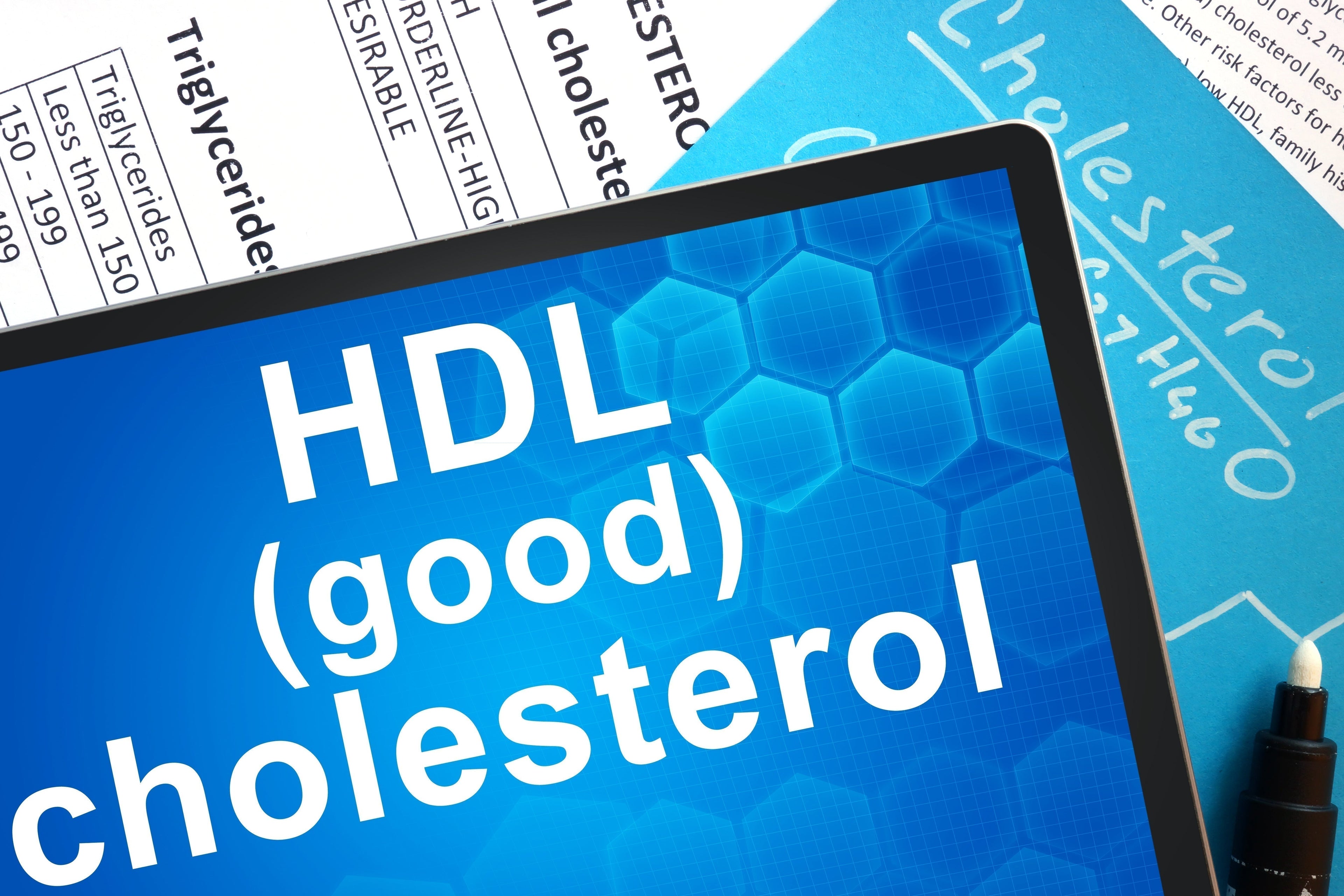Although researchers have known about and have studied choline since 1850, its importance has received minimal attention from researchers and the public as compared to better known nutrients, such as vitamin D, vitamin C, calcium, and magnesium. In fact, choline has only been recognized as an essential nutrient in 1998. In recent years, however, there’s been increasingly widespread recognition that most people are not consuming enough choline-rich foods. Since choline is involved in so many essential bodily processes, insufficient choline intake may lead to suboptimal health, while true choline deficiency can be a major problem with serious health consequences.
What is Choline?
Choline is a water-soluble nutrient that humans need to support numerous steps of metabolism, as well as for regulation of memory, mood, muscular control, and additional processes by the nervous system and brain. Choline is also essential for the formation and repair of cell membranes. (In fact, all plant and animal cells require choline to maintain their cell structure.) During pregnancy, choline is critically important for healthy development of the fetal brain, and low choline intake can result in elevated homocysteine levels (increasing risks of preeclampsia, premature birth, and very low birth weight). Choline also modulates gene expression, pain responses, cell membrane signaling, lipid transport and metabolism.
Although the human body can produce small quantities of its own choline in the liver, it is not enough choline to sustain all the functions listed above, so the body gets most of its choline from food sources (or, for some people, via choline supplementation). Choline has also been referred to as vitamin B4, although it is technically neither a vitamin nor a mineral and this terminology is fairly outdated.
What is the Best Form of Choline for The Brain?
Citicoline (also known as CDP-choline) is believed to be the best form of choline for brain health and brain function. Some initial research has demonstrated that supplementing with citicoline, in particular, may help support and improve memory, motor speed, and attention. This may be because this form of choline is able to cross the blood-brain barrier, reaching the brain directly and improving the function of neural cells, which many other forms of choline cannot do. However, more research is needed to understand the benefits of citicoline for neurological health.
What Depletes Choline?
Stress to the body and brain is thought to contribute to choline depletion. More specifically, chronic alcohol abuse, intense exercise, illnesses such as diabetes, and disruptions to folate or methionine metabolism can all deplete one’s choline stores.
Choline’s Role in Brain Function
One of choline’s many important roles is in the function of the brain, particularly having to do with neurotransmitters.
Neurotransmitter Synthesis
Choline is essential for synthesis of acetylcholine, a neurotransmitter that is involved in many physiological functions: cardiac contractions, blood pressure, intestinal peristalsis, glandular secretion, and more.
Impact on Memory, Learning, and Cognitive Processes
Animal studies have shown that citicoline supplements may improve impaired memory and increase the density of dopamine receptors. Likewise, low levels of acetylcholine may be associated with development of memory loss and Alzheimer’s disease, and levels of choline intake have been shown to be correlated with cognitive performance for older adults.
Choline Deficiency
Most people do not consume enough choline to optimize their health, and may benefit from increasing their intake of this nutrient. In fact, 90 percent of Americans are believed to have inadequate choline intake. However, true choline deficiency is extremely rare. This may be because the body can produce some choline in the liver on its own.
Because choline is essential for so many functions throughout the body, being choline deficient can contribute to serious physical consequences such as muscular damage, liver disease (nonalcoholic fatty liver disease), neurological conditions, neural tube irregularities, and cardiovascular disease, among other negative outcomes.
What Are The Symptoms of Choline Deficiency?
Choline deficiency symptoms often include fatigue, mood changes (particularly involving anxiety or restlessness), memory problems, muscular aches and damage, tingling related to nerve damage, and overall reduced cognitive function.
What Are The Symptoms of Consuming Too Much Choline?
Those who have ingested too much choline may experience ailments such as liver damage, low blood pressure, vomiting, increased sweating and salivation, and fishy body odor. In addition, excessive choline intake might also increase one’s risk of developing heart disease. According to the National Institutes of Health (NIH), the daily upper limit for choline intake from all sources (including food, beverages, and supplements) is 3,500 mg for adults.
Dietary Sources of Choline
Consuming plenty of choline-rich foods is optimum to avoid choline deficiency. Here are some of the best choline food sources:
- Liver, kidneys, and other organ meats
- Egg yolks
- Beef
- Chicken and turkey
- Fish
- Cruciferous vegetables, especially broccoli and cauliflower
- Soy products, especially soy lecithin (a common food additive)
- Dairy products such as cheese and milk
- Shiitake mushrooms
- Whole grains
- Nuts
- Apples
- Wheat germ
- Almonds
- Lima beans
- Legumes like kidney beans, lima beans, navy beans, and peas
- Red potatoes
- Quinoa
If possible, incorporate a variety of the foods listed above into your diet to ensure adequate choline intake.
Which Food is The Highest in Choline?
Among all the high-choline foods listed above, the best sources of choline are organ meats (for instance, beef liver contains 414 milligrams of choline per 100 grams) and eggs (one large egg contains about 147 mg of choline).
Choline Supplements
Those who are concerned about consuming enough choline should consider choline supplementation to avoid developing a deficiency. The groups that are most at risk of choline deficiency include pregnant women, those with alcohol abuse disorder, those who receive total parenteral nutrition (meaning that they are fed intravenously), those who follow a strict vegetarian or vegan diet, and those with genetic alterations in their metabolism of choline, folate, and methionine.
Choline supplements may contain choline alone, or they may be combined with B-complex vitamins for greater convenience. Some multivitamins also contain choline. Choline supplements may contain anywhere from 10 mg to 250 mg of choline. Besides the citicoline, there are several other forms of choline supplements: choline bitartrate, choline phosphatidylcholine, choline chloride, alpha-GPC, betaine, and choline lecithin. However, there has not yet been any research studies to determine the bioavailability of each of these forms of choline.
Side Effects of Choline Supplementation
At normal doses, common side effects of choline include digestive symptoms such as nausea, stomach ache, and diarrhea. Consuming 20 grams or more of choline can cause much more severe side effects, such as dizziness, low blood pressure, depression, heart rhythm problems, and depression.
Who Should Not Take Choline Supplements?
Because it’s been found that choline supplementation can cause mood disorders and depression for some people, those with depression or bipolar disorder should avoid taking choline supplements. In addition, those who are pregnant or breastfeeding should speak to their doctors before beginning choline supplementation (or any other supplementation). Notably, food and drug interactions are not particularly a concern for those taking choline, as no interactions have yet been documented between choline and any foods or medicines. Although choline is generally considered to be quite safe as a supplement, it is recommended to speak with a qualified healthcare professional to confirm that taking a daily choline supplement is a healthy, and safe choice for your particular set of medical needs.





